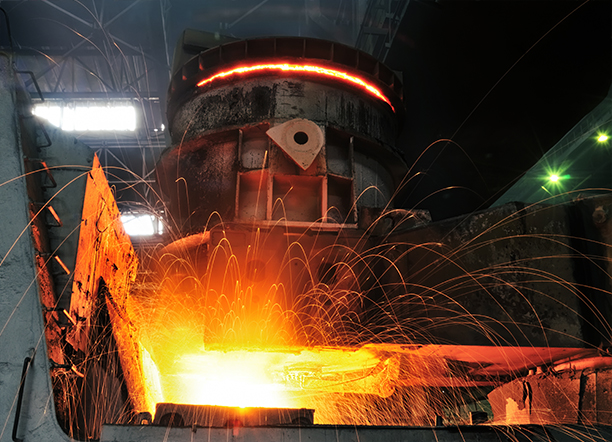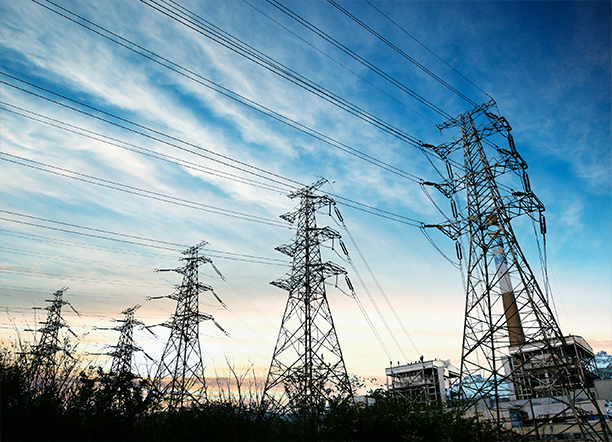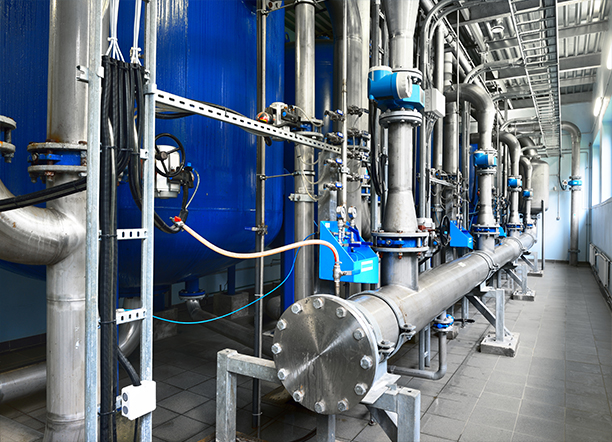The petrochemical industry has long production lines, wide coverage, high degree of automation, and complex correlation between devices. Due to the needs of production, there are a large number of rapidly changing shock loads, and the composition of power loads has also undergone qualitative changes. The access of a large number of nonlinear loads inevitably produces many electrical energy problems: voltage flicker and fluctuation, low power factor, large reactive power consumption, harmonic interference, etc. Among them, the problem of harmonic interference is a serious problem affecting the power quality of the petrochemical industry.
Natural gas pipeline compressor drive compressor inverter general power between 10~18MW, in recent years, the use of inverter compressor speed regulation of compressor compressor compressor station gradually increased, the inverter as the representative of the power electronic device has become the main harmonic source in the compressor station electrical system. Since the inverter is composed of high-power power electronic components, a high-order harmonic current will be generated during operation, which will interfere with the power supply system of the compressor station.
Load analysis
The main loads of the petrochemical and natural gas industry are:
1. Drilling rigs, submersible pumps, fans, etc. using medium and low voltage frequency conversion and speed regulation;
2. Production lines (inverter and UPS) of distillation, cracking, catalysis, hydrogenation, furfural and other production lines (frequency converter and UPS) in the refining process, polyester chips load.
UPS power supply, most of which is 6-pulse UPS uninterruptible power supply equipment, mainly produces harmonics such as 3, 5, and 7
The large number of applications of frequency converters will inevitably produce a large number of 5th, 7th, 11th, and 13th harmonics.
In addition, frequency conversion equipment and rectifier equipment are widely used in many industries, and the harmonics generated are roughly as follows:
6 pulse frequency conversion equipment mainly produces 5, 7, 11, 13th harmonics, widely used
12 pulse frequency conversion equipment mainly produces 11, 13th harmonics
6 pulse rectifier equipment mainly produces 5, 7, 11, 13 harmonics, widely used
12 pulse rectifier equipment mainly produces 11, 13th harmonics
Characteristics of harmonics of power distribution systems in the petrochemical industry
Due to the needs of production, there are a large number of pump loads in the petrochemical industry, and many pump loads are equipped with frequency converters. The large number of applications of frequency converters has greatly increased the harmonic content in the power distribution system of the petrochemical industry. At present, the rectification link of most inverters is the application of 6-pulse rectification to convert alternating current into direct current, so the harmonics generated are mainly 5th, 7th and 11th harmonics.
Harmonic hazard
The harm of harmonics in petrochemical systems is mainly manifested in the hazard to power equipment and deviation in metering. Studies have shown that harmonic currents cause additional losses in transformers, which cause overheating, accelerate the aging of the insulation medium, and lead to insulation damage. The presence of harmonics will increase the apparent power, which will have a significant negative impact on the efficiency of the transformer. At the same time, harmonics have a direct negative impact on capacitors, circuit breakers, and relay protection equipment in the power system. For many measuring instruments, instead of measuring the true rms value, the average value is measured, and then the imaginary waveform is a sine wave and multiplied by a correction factor to obtain the reading. In severe harmonics, such readings will have large deviations, resulting in measurement deviations.
Solution
The existence of power quality problems has brought serious harm to the petrochemical industry, for this reason, Bowo provides a complete set of solutions, as follows:
| No. | Power Quality Problem | Solution |
| 1 | Low power factor, high reactive power demand | BW-SVG BW-LC BW-TSVG BW-UPQC BW-TSF BW-HFC |
| 2 | Harmonic | BW-APF BW-TAPF BW-LC BW-UPQC |
User value of reactive power compensation and harmonic governance
- Control harmonics, reduce the harmonic current injected into the system, and meet the requirements of national standards;
- Through harmonic control, avoid the impact on other electrical equipment;
- Save energy and reduce consumption, improve measurement accuracy.
Application case
1. BW-TSF is used in the drilling platform of Xi'an Baode Automation Co., Ltd


























 Current Location:
Current Location: 
